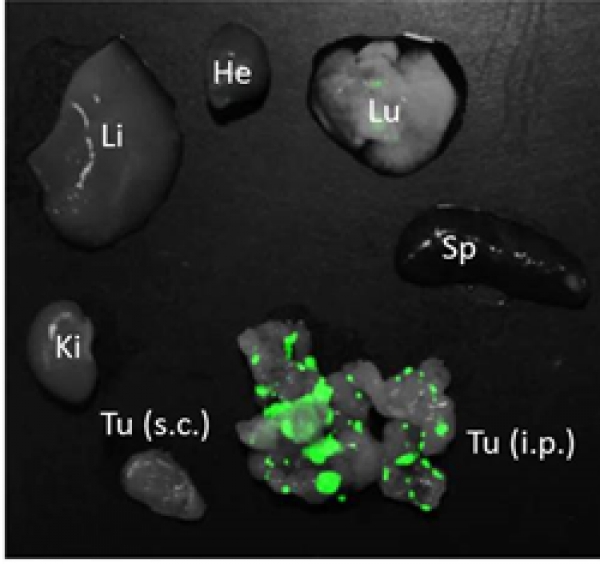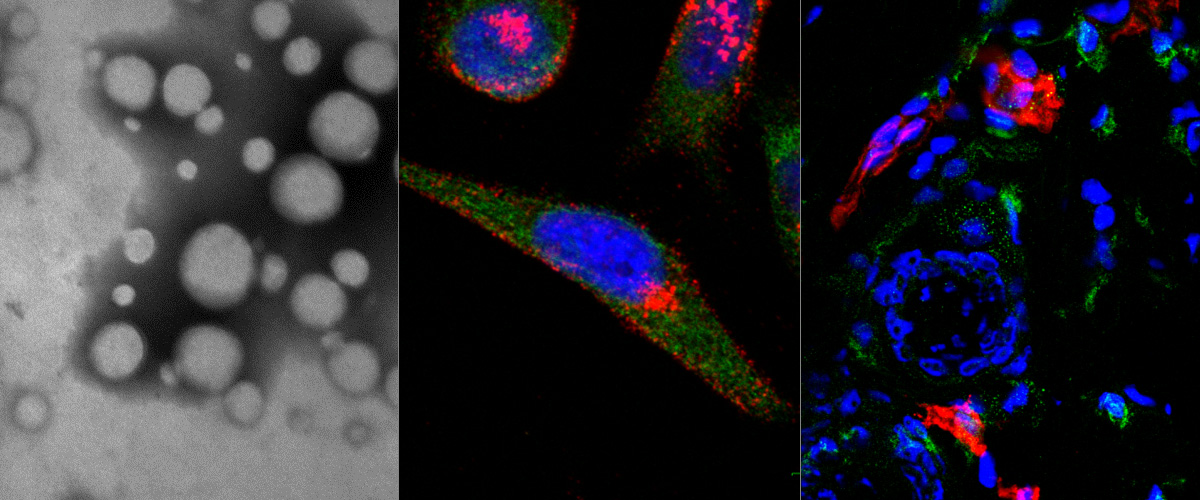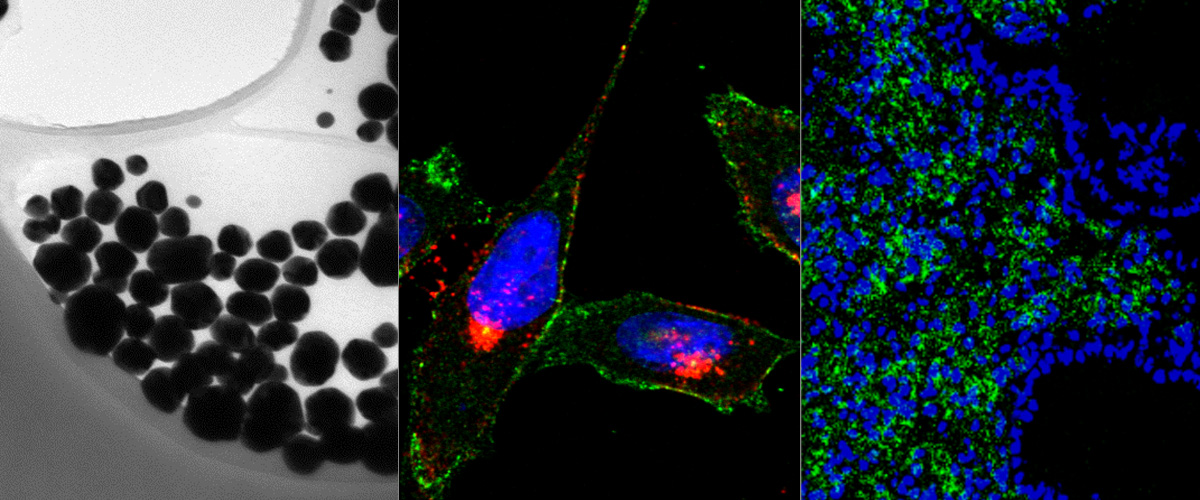We report in Biomaterials development of a tumor-specific delivery system for the treatment of peritoneal carcinomatosis. We demonstrate that after intraperitoneal administration, pH-sensitive polymeric vesicles loaded with an anticancer drug paclitaxel and functionalized with the tumor penetrating peptide iRGD specifically accumulate in peritoneal tumors in mice and have higher antitumor activity than free paclitaxel or Abraxane (a nano-formulation currently used in the therapy of several types of carcinoma). Our findings suggest that iRGD polymersomes may potentially be translated to therapeutic interventions against peritoneal carcinomatosis.
This collaborative study was driven and coordinated by our senior researcher Lorena Simón-Gracia and carried out together with Prof. Giuseppe Battaglia’s lab in UC London (UK) and with Drs. Kazuki N Sugahara and Ramana Kotamraju and Prof. Erkki Ruoslahti at Sanford Burnham Prebys Medical Discovery Institute in La Jolla, Calif. (USA).
iRGD peptide conjugation potentiates intraperitoneal tumor delivery of paclitaxel with polymersomes Biomaterials. 2016 Jul 20;104:247-257.
Image: Homing of green fluorescent iRGD polymersomes in CT26 peritoneal tumor (Tu). Note that control organs (liver, Li; lung, Lu; spleen, Sp; kidney, Ki) and subcutaneous tumors (Tu s.c.) show minimal labeling.





